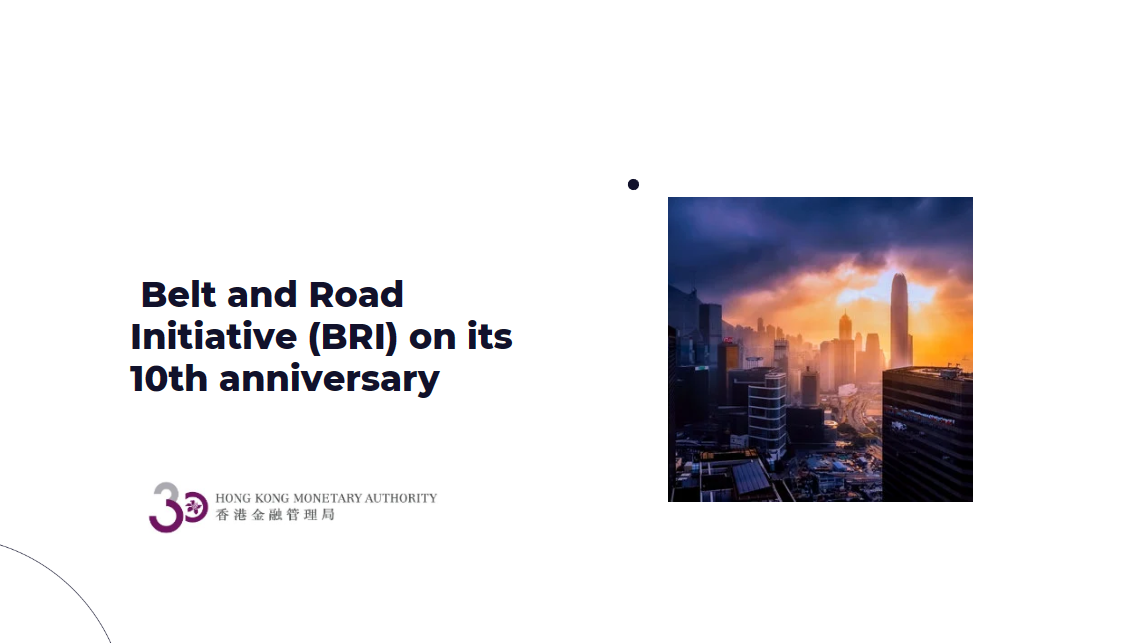Beijing's 'Two Zones' Development Paves Way for Institutional Opening-up of China
This year's China International Fair for Trade in Services (CIFTIS) coincides with the third anniversary of the launch of the building of Beijing's "Two Zones" (i.e. the Integrated National Demonstration Zone for Opening up the Services Sector and China (Beijing) Free Trade Zone). Over the past three years, Beijing has tapped into the strategic positioning assigned to it by the central government and has made remarkable progress in its various undertakings.
Foreign investment disbursed in Beijing accounts for nine percent of the total amount nationwide
In the past three years since the start of the building of the "Two Zones", over 18,000 projects have been registered, involving a total investment of over CNY 3.5 trillion. Among these, over 12,000 projects have been implemented, with a total investment of approximately CNY 2.3 trillion. Nearly 130 landmark projects, including Beijing Stock Exchange, Beijing International Data Exchange, and Morgan Stanley's subsidiary for alternative investment, have been launched one after another. From 2020 to the first half of 2023, the foreign investment disbursed by Beijing reached USD 55.14 billion, accounting for nine percent of the national total figure, with the foreign investment used by the service sector accounting for 97 percent of the total amount of Beijing, highlighting even more distinctive characteristics of the open economy.
98 percent of the 251 tasks approved by the State Council of the People's Republic of China have been completed
In the first year, Beijing focused on achieving breakthroughs in specific areas. Policies such as "instant approval following registration" for high-tech enterprises, import of pharmaceutical products via cross-border e-commerce, and income tax preferences for technology transfers were implemented in Beijing to enable market entities to enjoy policy dividends at an early stage.
In the second year, the city extended its reach online. Policies have been implemented to promote the opening up of the entire industry chains in four industries, namely sci-tech innovation, digital economy, green finance, and biomedicine. Moreover, comprehensive reforms have been carried out in key areas such as investment, trade, talent, intellectual property rights, and international balance of payments. A total of 10 special programs have been launched accordingly.
In the third year, the focus of Beijing was on the integration of systems. Based on the expanded opening up of all industry chains and deepened reform of all processes and relevant policies, which have been realized through continuous iteration, Beijing also coordinated efforts to create a first-class international business environment and promoted integrated innovation through project-based approaches, with more than 40 innovative tasks clearly defined.
Over the past three years, more than 90 breakthrough policies have been implemented in Beijing, among which nearly 50 are pioneering policies in China, to better form an environment where institutional supply is optimized through innovation in policies and the service industry gets further improved.
With 20 key parks identified within the "Two Zones", a "wild goose array" has thereby taken shape, in which free trade pilot zones lead the way, featuring sci-tech and financial districts, and consumer and tourism services.
Firstly, the functional layout of the parks has been optimized. The newly established Beijing Zhongguancun Comprehensive Bonded Zone, with a focus on research and innovation, is exploring new regulatory methods catering to research and development needs. Efforts are proactively being made to promote the development of Yizhuang Comprehensive Bonded Zone highlighting advanced manufacturing. Together with Tianzhu Comprehensive Bonded Zone and Daxing Comprehensive Bonded Zone, the city has formed a functional layout, in which the south and north regions, aided by airports, focus on goods and facilitating services, while the northwest and southeast regions rely on industries, with emphasis on enhancing industrial services.
Secondly, efforts have been made to empower the development of the parks. Functional service platforms have been established within the parks to strengthen the institutional foundation for industrial development.
Meanwhile, links to resources have been strengthened. Measures are being taken to introduce iconic projects into key parks. For example, foreign-funded enterprises such as Beijing Aero Engine Service Co., Ltd., Sino-German Rhine Vocational Skills Training School, Refinitiv China, Amazon China, Thunes of Singapore, and Veolia (China) have significantly contributed to the internationalized development of these parks.
At the 2023 CIFTIS, businessmen from around the world got to know the "Two Zones" during "One Exhibition, One Conference, and One Forum"
"One Exhibition" refers to the core part of the Comprehensive Exhibition of CIFTIS. For the first time, outstanding achievements made in the expansion of China's service industry and innovative development in the country's trade in services since the 18th National Congress of the Communist Party of China have been presented. Beijing, as the "1" in the national comprehensive pilot demonstration layout of "1+4+6" for expanding the opening-up of the service industry, plays a model, leading role in the expansion and opening-up of the national service industry.
"One Conference" refers to the "Invest in China Year" - The Promotion Conference on Greater Openness in the Services Sector held on the morning of September 3, themed on "Service Sector of China - New Opportunities for the World". The conference focused on introducing the policies and advantages of opening up the service sector in 11 comprehensive pilot demonstration provinces and cities for further opening up the service sector, including Beijing and Tianjin.
"One Forum" refers to the 2023 Forum on Beijing "Two Zones" Development and Globalization of Enterprises (10th China Inbound-outbound Forum), which is the fourth international forum co-hosted by Beijing Municipal Leading Group Office for the "Two Zones" and the Center for China and Globalization (CCG) during CIFTIS. This forum featured a session dedicated to Chinese and foreign business associations, inviting more than 10 such associations to engage in a dialogue regarding the institutional innovation highlights of the building of the "Two Zones". Additionally, it included discussions on venture capital strategy, technological innovation, and green and low-carbon topics, with the participation of international organizations in related fields, leaders of Chinese and foreign companies, and expert researchers. The discussions were conducted in the form of a roundtable for exchanging insights on the cutting-edge hotspots and trends in the relevant industries and future efforts as well as paths of innovation for the building of the "Two Zones".





















































First, please LoginComment After ~